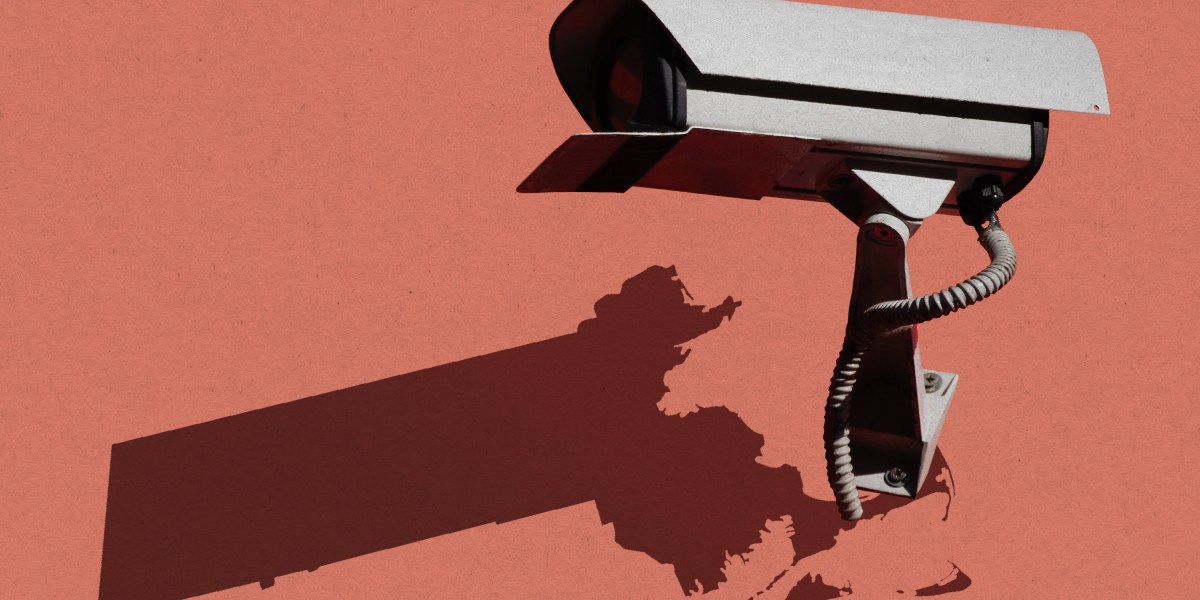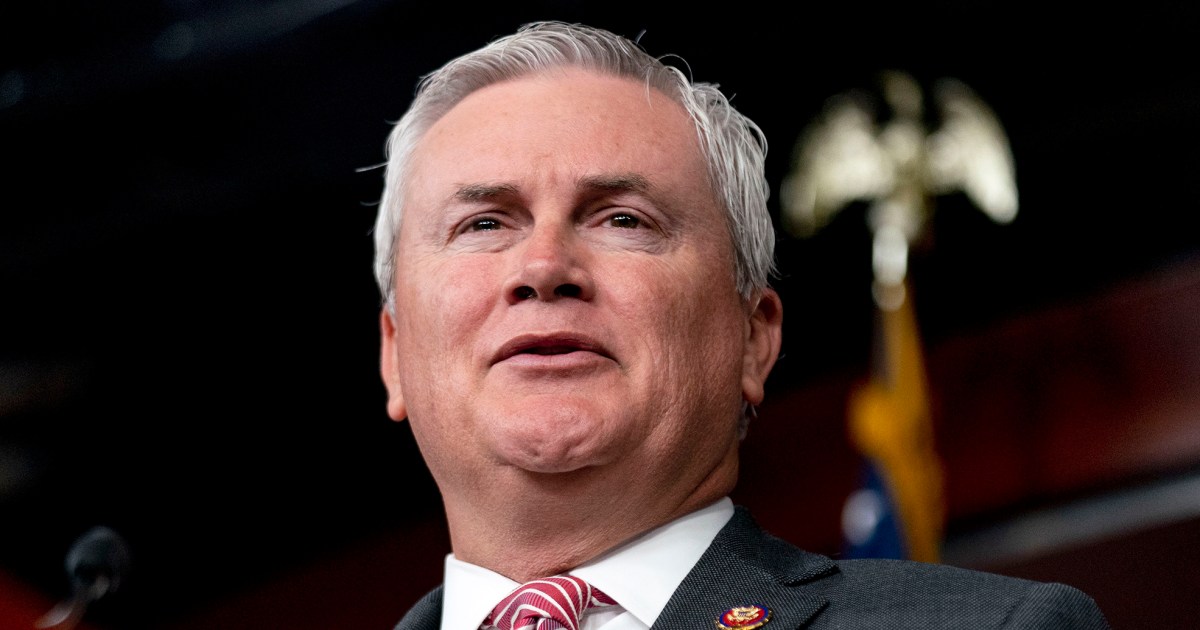Just four years ago, the movement to ban police departments from using face recognition in the US was riding high. By the end of 2020, around 18 cities had enacted laws forbidding the police from adopting the technology. US lawmakers proposed a pause on the federal government’s use of the tech.
In the years since, that effort has slowed to a halt. Five municipal bans on police and government use passed in 2021, but none in 2022 or in 2023 so far, according to a database from the digital rights group Fight for the Future. Some local bans have even been partially repealed, and today, few seriously believe that a federal ban on police use of face recognition could pass in the foreseeable future. In the meantime, without legal limits on its use, the technology has only grown more ingrained in people’s day-to-day lives.
However, in Massachusetts there is hope for those who want to restrict police access to face recognition. The state’s lawmakers are currently thrashing out a bipartisan state bill that seeks to limit police use of the technology. Although it’s not a full ban, it would mean that only state police could use it, not all law enforcement agencies.
The bill, which could come to a vote imminently, may represent an unsatisfying compromise, both to police who want more freedom to use the technology and to activists who want it completely banned. But it represents a vital test of the prevailing mood around police use of these controversial tools.
That’s because when it comes to regulating face recognition, few states are as important as Massachusetts. It has more municipal bans on the technology than any other state, and it’s an epicenter for civil liberty advocates, academics, and tech companies. For a movement in need of a breakthrough, a lot rides on whether this law gets passed.
Right now in the US, regulations on police use of face recognition are trapped in political gridlock. If a leader like Massachusetts can pass its bill, that could usher in a new age of compromise. It would be one of the strictest pieces of statewide legislation in the country and could set the standard for how face recognition is regulated elsewhere.
On the other hand, if a vote is delayed or fails, it would be yet another sign that the movement is waning as the country moves on to other policy issues.
A history of advocacy
Privacy advocates and public interest groups have long had concerns about the invasiveness of face recognition, which is pivotal to a growing suite of high-tech police surveillance tools. Many of those fears revolve around privacy: live video-based face recognition is seen as riskier than retroactive photo-based recognition because it can track people in real time.
Those worries reached a fever pitch in 2018 with the arrival of a bombshell: a privacy-shredding new product from a small company called Clearview AI.
The very same year, evidence started to mount that the accuracy of face recognition tools varied by race and gender. A groundbreaking study out of MIT by Joy Buolamwini and Timnit Gebru, called Gender Shades, showed that the technology is far less accurate at identifying people of color and women than white men.
The US government corroborated the results in a 2019 study by the National Institute of Science and Technology, which found that many commercial face recognition algorithms were 10 to 100 times more inaccurate in identifying Asian and Black faces than white ones.
Politicians started to wake up to the risks. In May 2019, San Francisco became the first city in the US to ban police use of face recognition. One month later, the ACLU of Massachusetts announced a groundbreaking campaign called “Press Pause,” which called for a temporary ban on the technology’s use by police in cities across the state. Somerville, Massachusetts, became the second city in the United States to ban it.
Over the next year, six more Massachusetts cities, including Boston, Cambridge, and Springfield, approved bans on police and government use of face recognition. Some cities even did so preemptively; in Boston, for example, police say they were not using the technology when it was banned. Major tech companies, including Amazon, Microsoft, and IBM pulled the technology from their shelves, and civil liberties advocates were pushing for a nationwide ban on its police use.
“Everyone who lives in Massachusetts deserves these protections; it’s time for the Massachusetts legislature to press pause on this technology by passing a statewide moratorium on government use of face surveillance,” Carol Rose, the executive director of the ACLU’s Massachusetts chapter, said in a statement after Boston passed its ban in June 2020.
That moratorium would never happen.
Is your face private?
At first, momentum was on the side of those who supported a statewide ban. The















